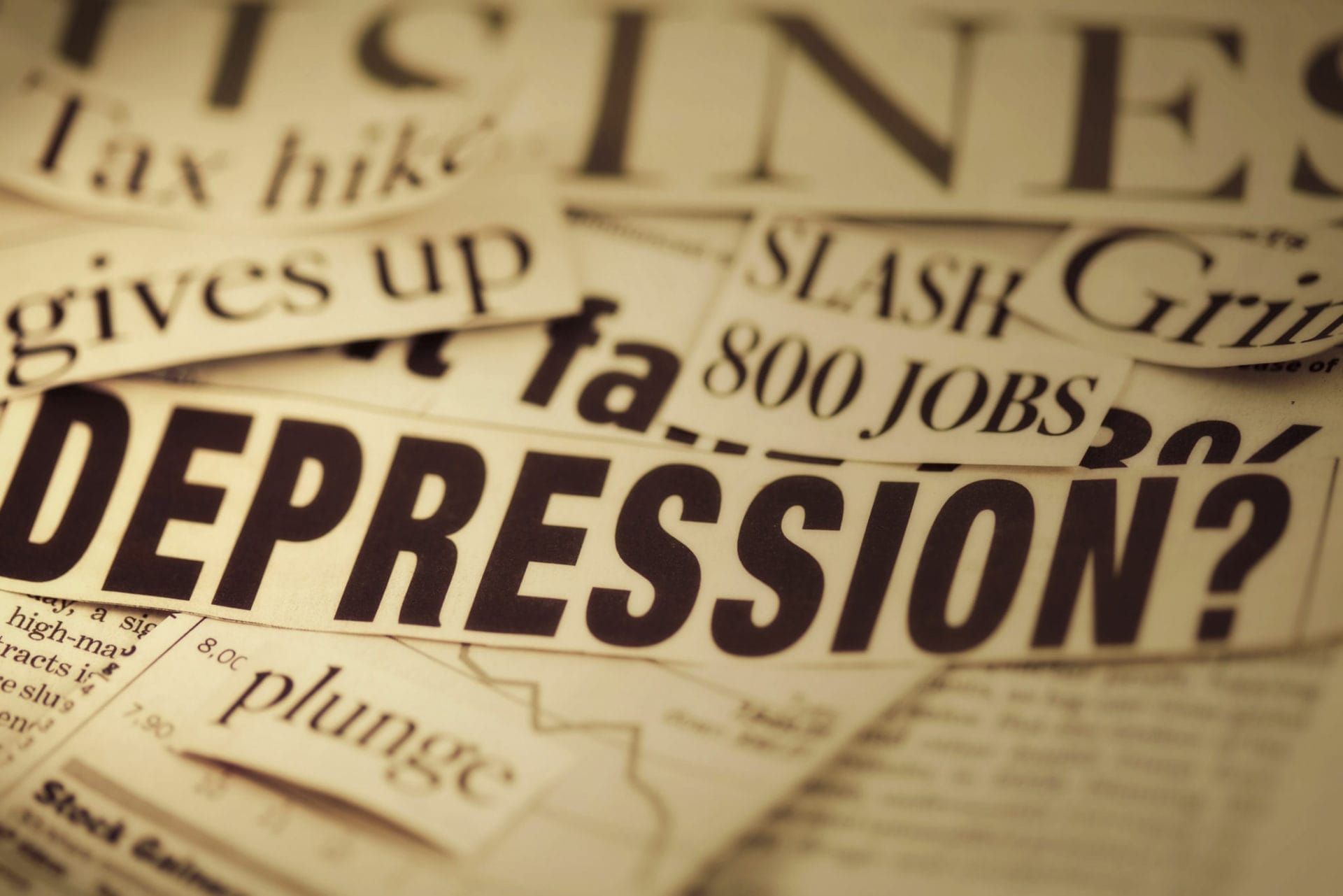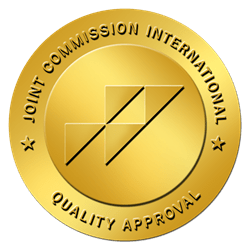If you suffer from depression, it can seem like there isn’t a source of joy left in the world and you’re all alone in your battle against your own feelings. While there are things you can do to fight back against this debilitating condition, it’s difficult to muster the energy and drive to undertake the actions that can lead you out of a depressed state. Freeing yourself from the chains of depression allows you to reclaim your life, and even though taking the first few steps may be difficult, they’re well worth the effort.
Fortunately, those who are depressed have allies in their battle against the condition that keeps them down. Good depression treatment centers can help those who suffer from depression to recenter and recalibrate their thoughts to gain control of the vicious cycle of depression. Outside of inpatient treatment centers for depression, there are things that the individual can do to actively fight against the effects of depression and maintain a better quality of life.
Knowing You Are Depressed
For many, a depressive episode can be the beginning of a downward spiral that spins out of control. The types of thoughts that characterize depression feed off one another and become magnified. For example, after entering a depressed state, some people view their depression as a weakness rather than an illness, which leads to further self-judgment and self-undermining. You wouldn’t get angry at yourself for catching the flu and use sickness to justify harsh opinions of yourself. Therefore, it is not helpful to treat yourself in such a way when a depressive episode sets in. Remember that depression is an illness, and you are not weak for experiencing the symptoms of an illness.
Understanding Depression Is Temporary
The worst thing that can happen in a depressive episode is for the sufferer of depression to make decisions with long-term consequences in the midst of a short-term episode. Though depression as a condition may represent a lifelong affliction, the depressive episode itself is a passing symptom. In other words, it’s not permanent, so it’s important that you don’t take action that has permanent consequences based on your feelings during a temporary depressive episode. When you feel a depressive episode coming on, tell yourself that as bad as it may seem that it’s only temporary and will pass.
Take Care of Yourself, and Reach Out
Many people in your circle may not know you’re going through a depressive episode, especially if you isolate yourself as a mechanism for dealing with depression. While each person has his or her own way of dealing with a depressive episode, it’s important to remember that you are your own best ally. Do the things that make you feel safe and help you battle the effects of a depressive episode. Eat a nice meal, watch a funny movie, create a clutter-free space in your home to help calm your mind, or go on a long nature walk. Whatever brings you peace and helps you process your thoughts is fair game, so long as you’re taking care of yourself. In some instances, when it’s difficult to find a way to quiet the symptoms of an episode, it can be helpful to reach out, whether that means having a conversation with trusted love ones or seeking help through treatments centers for major depressive disorder. There’s nothing to fear in asking for help, as talking with others can provide context for the feelings you’re experiencing.
Use these tips to help deal with the onset of a depressive episode, as they may help you minimize the severity and duration of your symptoms. Don’t hesitate to reach out for help from a treatment center if your battle against depression becomes too difficult.
Quiet the Critical Inner Voice
When you suffer from depression, you can often be your own worst enemy. One of the factors that can lead to an erosion of one’s confidence and sense of self-worth is a critical inner voice that constantly berates and questions the motives and actions of those suffering from depression. That voice may have been implanted many years ago, but its effects are destructive on the human psyche. The first step in rooting it out is to first learn to recognize it. When self-doubt and unrelenting criticism begins to creep in, you must recognize that it’s invalid and fight back against it. Remove the credibility from those thoughts by putting them in context. Would you say or think those things about someone you love? If not, then you shouldn’t tolerate those thoughts when they come from your inner voice, either. Recognizing the invalidity of those critical thoughts is the first step towards development of self-love, which is an important concept when healing from depression.
Move More
When it comes to actively fighting back against depression, one tactic is to simply become more physically active. When you don’t get enough physical activity, many joy-bringing hormones can become scarce, which will adversely impact your overall mood. Exercising at least 20 minutes a day 5 days a week can bring a range of benefits that can help fight depression, including increased energy, better neuroplasticity in the brain, improved endorphin production, and better blood circulation. These benefits can all help lift you out of depression, so fight back against depression symptoms actively by being more active.
Engage
Though the last thing you want to do when you are depressed is be social, there’s a lot to be said for engaging with other people when it comes to battling depression. For one, when you’re alone, your critical inner voice becomes louder and more difficult to escape. By surrounding yourself with others and actively participating in conversation, you can help keep it at bay. Even if you just discuss your situation with one special friend, the act of unloading can help and generate some positive affirmation from a trusted friend. Also, if you’re not in the mood for conversation, you can get out of your house and visit local parks, museums, and points of interest. You’ll see other people there, improve your mood, and get exposure to a social setting.
Laugh a Little
Laughter is said to be the best medicine, and that can be true when it comes to depression. If you have one friend who consistently puts a smile on your face and a chuckle in your heart, have a cup of coffee with that person. A lighthearted, fun conversation can help lift your spirits. Or, try watching a funny movie or stand-up special. Laughing is beneficial for depression because it can help generate endorphins that can elevate your mood. It will also make you feel better and give you a respite from feelings of depression.
Be Good to Yourself
Those suffering from depression can often be harder on themselves than anyone else. Self-criticism and feelings of worthlessness are debilitating and can keep you from taking the kind of action that will improve your depression symptoms. It’s important to remember that while you can be your worst enemy, you can also be your best friend. Be good to yourself by complimenting things you like about yourself or by indulging in activities or pleasures that you deserve. Instead of finding only your failures and analyzing them, make sure you pay equal attention to your successes. Every time you think of a misfire in your life, immediately think of something you’re proud of accomplishing. When you criticize yourself, immediately follow it up with a self-compliment to balance the scales. By doing that, you can prevent yourself from falling into the hole of a self-critical mindset.
If you suffer from depression, there are things you can actively do to fight back and win control of your symptoms. To learn more about the ways you can battle depression actively, contact Kinder in the Keys at (866) 929-2085.





